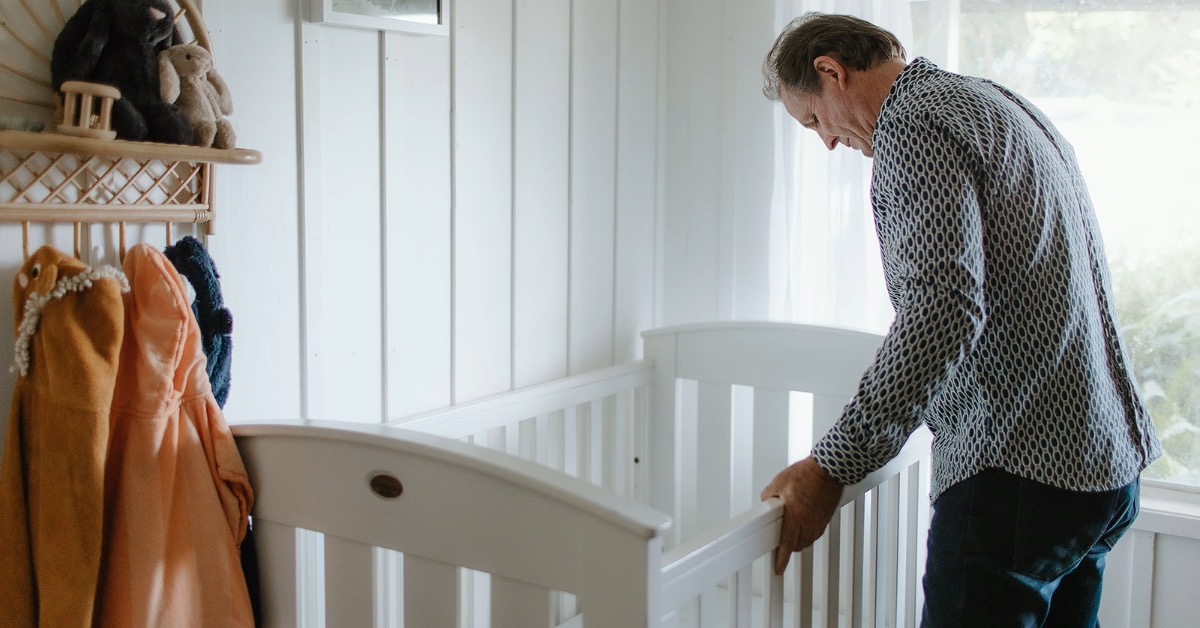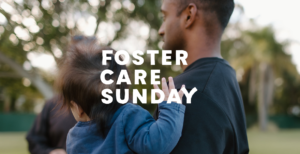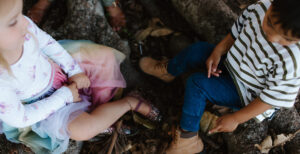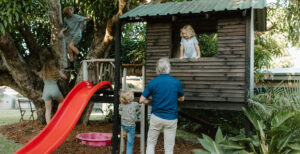Six things to prepare for foster care
We asked Michelle – an accredited Mental Health Social Worker with decades of experience in child protection working with children who have an experience of trauma and their carers – what advice would you give to someone entering into Foster Care?
Talk to other carers to find out the reality.
There’s an idea of Foster Care and then there’s the real thing. While every experience will be unique, there is a wealth of knowledge and wisdom in carers who’ve been on the journey. Find a carer and ask if they’d be willing to chat to you honestly about their experience.
Take time to make the decision.
There’s no rush. You’re not locked in the minute you submit an application. Often the training and assessment process will take around six months and there’ll be opportunities along the way for you to reflect and make decisions about proceeding. If you have a partner, spouse or kids, it needs to be the right decision for the whole family, agreed upon by everyone. If care isn’t for you, there are so many other ways you can serve vulnerable kids and families in your local community. Explore What you can do.
Explore your motivations and seek wise counsel.
Sometimes we might enter into caring to meet unmet needs within ourselves. Before entering into a caring role it’s a good idea to meet with someone, either a mentor, counsellor, or pastor with the right experience, just to lay areas of your life open for a trusted person to see and explore with you because all of what’s within us – the good, the bad, the ugly – will definitely be squeezed out in the pressure moments that come with Foster Care. It’s wise to keep this accountability and support with a trusted mentor throughout your caring role to debrief, check-in and share the journey.
Start with respite care to get a feel for it.
When you get approved to provide care, you can choose what care types you’re putting your hand up for. Respite Foster Care typically involves caring for a child one weekend a month. It’s a great idea to build understanding of yourself and the care system before taking on a full-time care role. It will also likely help you decide things like the type(s) of care and ages of children you’d like to care for.
Know what your role is.
Realistic expectations are so important. You are not the case worker. You don’t have to be the counsellor. You are not making the legal decisions about a child’s case. There’s a lot of pressure within the system and you may get sudden requests to take a child or young person into your home. You cannot meet the need of every child. You cannot meet the whole need of the system. No one can. That’s why you need to know what your role is, to network with other people and trust God with the things outside of your control.
What is the one thing that should be at the top of the list?
Have an understanding of the impact of trauma.
Without an understanding of trauma, caring will become very frustrating.
A lot of people come to foster care with really good intentions, they have a desire to care for vulnerable children and want to help. That intention alone is not what’s going to help that child recover from an experience of trauma. It’s not going to be the same as parenting a biological child who’s had a different upbringing. The behaviours are different and the responses need to be different. Naturally, this is challenging. Responses cannot be explained; they’re felt or sensed. The emotional part of the brain is reacting, so you can’t reason. The brain of a child with a trauma experience needs to be rewired to learn that adults are safe and can be trusted. It takes a long time, particularly if the trauma has happened in the first three years of life. The most effective input for children to recover from trauma is safe, predictable, nurturing, warm, consistent responses. That’s hard day in and day out when children are pushing boundaries. However, the plasticity of the brain enables change and you do see change! Children make huge gains when they’re getting one-on-one, attuned parenting, in a stable placement, and regularly attending school. From reading level, to coordination, to speech, it’s really rewarding to see progress in a range of areas.
Michelle is an accredited Mental Health Social Worker with years of experience in child protection and counselling. She specialises in working with children who have experienced trauma and currently provides counselling, consultation and supervision in both locally and international contexts.
To learn more about trauma check out Understanding Trauma and our Reading List.








